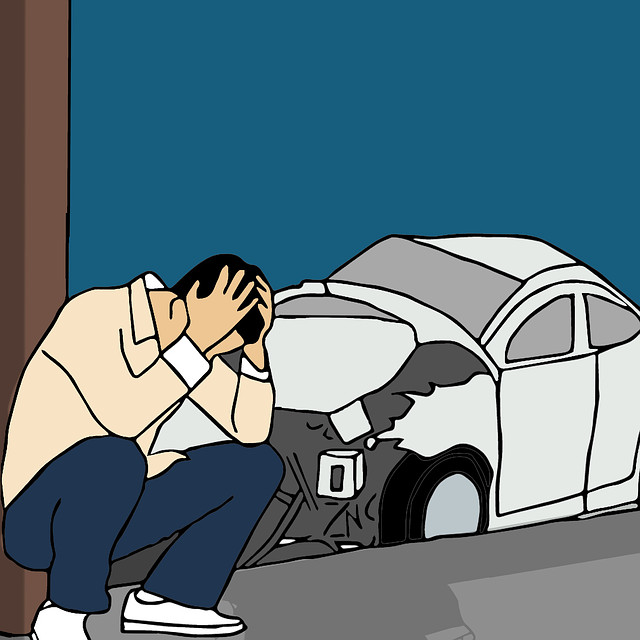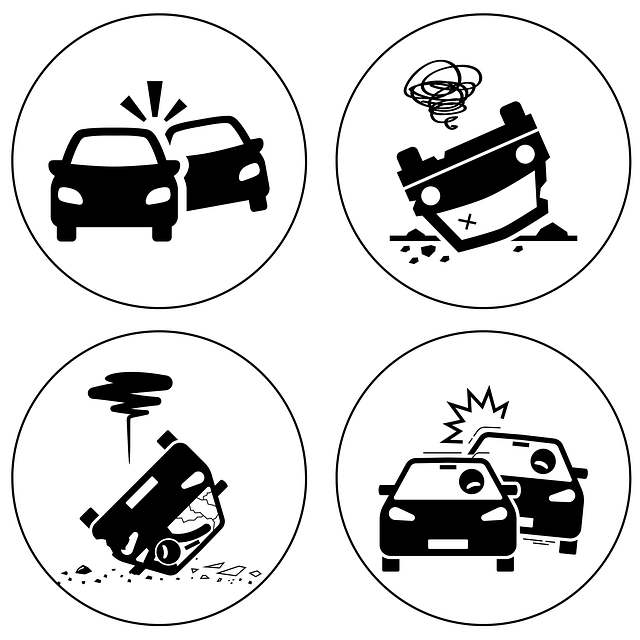Injury arbitration provides a swift and cost-effective alternative to litigation for personal injury claims, with an initial demand from the injured party, a neutral arbitrator reviewing evidence, and a binding decision in a less formal setting. While final in many jurisdictions, decisions can be challenged for errors in law or fact, especially in complex cases like slip-and-fall settlements, where Orlando personal injury lawyers navigate arbitration complexities and appeal options exist for dissatisfied parties.
Are arbitration awards final in injury claims? This comprehensive guide explores the intricate world of injury arbitration, offering a clear understanding of its process and outcomes. We delve into the finality of arbitration awards, shedding light on practical considerations and legal avenues for reconsideration or appeal. By examining these key aspects, you’ll gain valuable insights into navigating injury arbitration effectively.
- Understanding Injury Arbitration Process
- Finality of Arbitration Awards in Practice
- Legal Reconsideration and Appeal Options
Understanding Injury Arbitration Process

Injury arbitration is a process where parties involved in an injury claim agree to resolve the dispute outside of traditional courts. This alternative method is often preferred due to its efficiency and cost-effectiveness, especially when dealing with complex cases involving serious injuries. The process typically begins when the injured party files a demand for arbitration, outlining their claims and seeking compensation for pain and suffering, medical expenses, and other related damages.
The arbitrator, a neutral third party, is responsible for reviewing the evidence presented by both sides and making a binding decision. Unlike court trials, injury arbitration hearings are usually less formal and more flexible, allowing for faster resolution. This streamlined approach can be particularly beneficial in partnership disputes where time-sensitive matters like medical treatment and rehabilitation need to be addressed promptly.
Finality of Arbitration Awards in Practice

In practice, while arbitration awards are often seen as final decisions, there are instances where they may not be considered so in injury claims. Despite the intention to provide a swift and efficient alternative to traditional litigation, the finality of an arbitration award can be subject to challenge. This is particularly true when dealing with complex cases involving significant damages or allegations of misconduct. For example, if a claimant believes that the arbitrator made an error in law or fact, or if there was a breach of fiduciary duty during the process, they may have grounds to appeal or set aside the award.
An Orlando personal injury lawyer might assist clients in navigating these complexities, especially in cases where a slip and fall settlement is at stake. The finality of arbitration awards is a nuanced topic that requires careful consideration of both the specific rules governing arbitration and the applicable laws in the jurisdiction. Understanding these nuances is crucial for ensuring fairness and justice in the dispute resolution process.
Legal Reconsideration and Appeal Options

In many jurisdictions, arbitration awards are generally considered final and binding in injury claims. However, legal avenues for reconsideration and appeal do exist, offering a degree of recourse to parties dissatisfied with the outcome. These options typically involve examining whether there was a breach of contract within the arbitration process or if there were procedural irregularities that led to an unfair decision.
For instance, a personal injury lawyer might argue that the arbitrator erred in applying the law or misinterpreted relevant evidence, potentially leading to an incorrect award. In cases of insurance coverage disputes, where the extent of compensation is at issue, appealing an arbitration decision may be necessary to ensure adherence to policy terms and applicable laws.
Injury arbitration awards, while often considered binding, do not always represent the final word. Understanding the nuances of the process is crucial for claimants. While appeals and reconsiderations are available under certain circumstances, these options can be complex and time-consuming. Thus, it’s important to weigh the benefits and drawbacks of arbitration as a dispute resolution method in personal injury cases, ensuring you’re fully informed about your rights and potential outcomes within the injury arbitration process.






